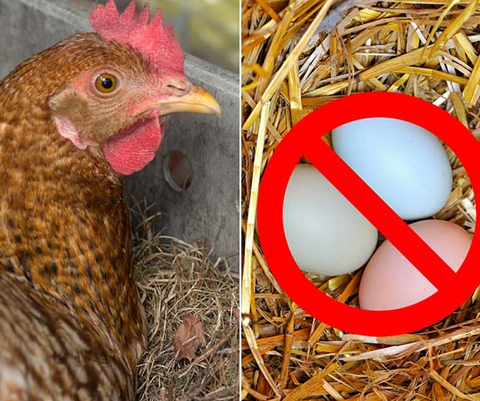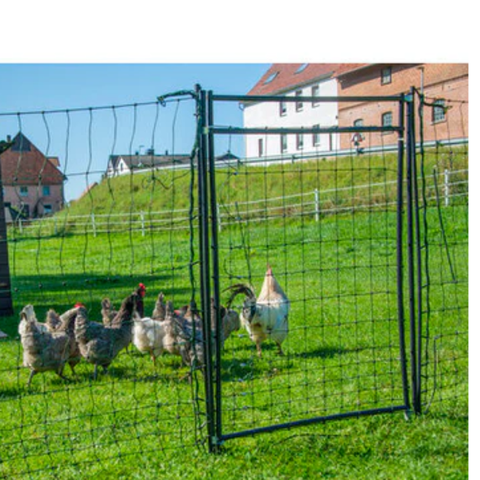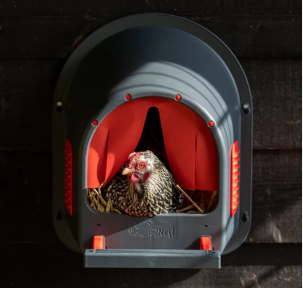🐔 10 Reasons Why Your Hens Aren’t Laying (And What To Do About It)
There’s nothing quite like the excitement of fresh eggs every morning — but what if your hens suddenly stop laying? It’s frustrating, worrying, and sometimes downright mysterious!
If your flock has gone on an unexpected egg strike, don’t panic. There are lots of common reasons why hens may stop laying, and most of them can be fixed with a little TLC.
Here are 10 reasons your hens might not be laying — plus tips to help get those eggs rolling again!
1️⃣ Age
Like all animals, hens have a natural egg-laying cycle. Most start laying around 5–6 months old, peak at 1–2 years, then gradually slow down after 2 years. Older hens may lay fewer eggs or stop entirely.
Tip: Consider adding younger hens to your flock if egg production slows down.
2️⃣ Molting
Molting is when hens shed old feathers and grow new ones. This process requires a lot of energy, so hens often stop laying temporarily.
Tip: Provide extra protein during molt (like mealworms or high-protein feed) and be patient—laying usually resumes once feathers grow back.
3️⃣ Stress
Stress can come from many sources: predators, loud noises, overcrowding, moving coops, or even new flock members.
Tip: Minimize disturbances, provide plenty of space, and keep routines consistent.
4️⃣ Poor Nutrition
Egg-laying requires lots of energy and nutrients. A diet lacking in protein, calcium, or vitamins can stop hens from laying.
Tip: Feed a quality layer pellet or mash, provide calcium supplements (like oyster shell), and offer fresh water daily.
5️⃣ Lack of Daylight
Hens need about 14–16 hours of light per day to lay consistently. Shorter days in fall and winter can slow or stop laying.
Tip: Consider adding a soft artificial light in the coop to extend “daylight” hours during winter.
6️⃣ Illness or Parasites
Sick hens or those plagued by mites, lice, or worms may stop laying as their bodies fight infection.
Tip: Check your hens regularly, treat parasites promptly, and consult a vet if needed.
7️⃣ Broodiness
A broody hen wants to sit on eggs to hatch chicks and will usually stop laying during this time.
Tip: To break broodiness, gently remove the hen from the nest and give her a cool, well-lit space for a few days.
8️⃣ Uncomfortable or Dirty Nesting Boxes
If hens don’t like their nesting environment, they might choose to lay eggs elsewhere—or not at all.
Tip: Keep nesting boxes clean, cozy, and private with fresh bedding.
9️⃣ Too Many Hens for the Space
Overcrowding causes stress and competition, which can halt egg production.
Tip: Aim for about 3–4 hens per nesting box and provide enough space in the coop and run.
🔟 Recent Changes
Changes like new feed, new coop, weather fluctuations, or adding/removing flock members can temporarily disrupt laying.
Tip: Give your hens time to adjust and maintain stable routines.
🥚 Final Thoughts
There are many reasons hens might stop laying eggs—but most are manageable with good care and patience. Keep an eye on your flock’s health, environment, and nutrition, and you’ll be enjoying fresh eggs again soon!
🐓💛 Happy laying!
– The Chook Manor Team




